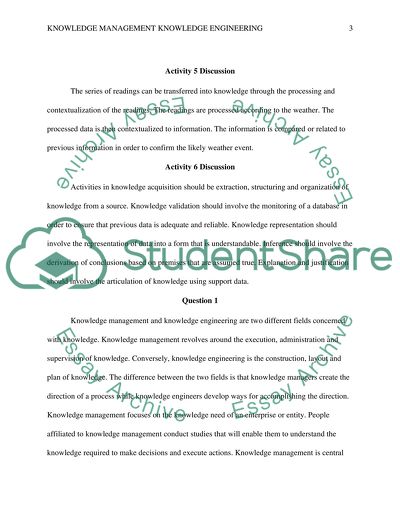Cite this document
(“Knowledge management and knowledge engineering Assignment”, n.d.)
Knowledge management and knowledge engineering Assignment. Retrieved from https://studentshare.org/information-technology/1674948-knowledge-mng-knowledge-engineering
Knowledge management and knowledge engineering Assignment. Retrieved from https://studentshare.org/information-technology/1674948-knowledge-mng-knowledge-engineering
(Knowledge Management and Knowledge Engineering Assignment)
Knowledge Management and Knowledge Engineering Assignment. https://studentshare.org/information-technology/1674948-knowledge-mng-knowledge-engineering.
Knowledge Management and Knowledge Engineering Assignment. https://studentshare.org/information-technology/1674948-knowledge-mng-knowledge-engineering.
“Knowledge Management and Knowledge Engineering Assignment”, n.d. https://studentshare.org/information-technology/1674948-knowledge-mng-knowledge-engineering.


